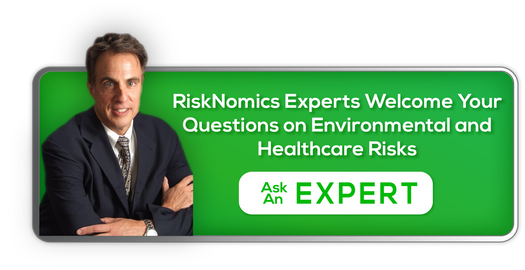Mold
![]()
What You Need to Know
Molds are naturally occurring fungi which exist naturally in the environment
Mold needs food, water, temperate temperature and time to grow
Not all fungi are problematic and not all are indicative of water damage
Water damage is not mold
An indoor air quality issue may be present when inside levels and/or types of mold vary from those found outside but there are no safe exposure limits
What You Need to Do
Find the source of the problem and ensure that the problem has been addressed prior to mold remediation
Mold on building materials and personal items must be removed
Impacted areas must be contained and dehumidified and negatively pressurized if possible
If visible mold is present, never agitate the air or use fans to dry out materials
Ensure workers are properly trained and protected
Remediation is completed when visible mold has been removed
Testing for the presence of mold and/or post remediation is NOT required
Myths and Misconceptions
Stachybotrys is the most harmful mold-FALSE
Black mold is the most toxic-FALSE
Mold impacted materials do not need to be disposed of as hazardous waste-TRUE
Testing for mold can tell you how old the mold is as well as the species involved-FALSE
Expert Services:
Commercial Property
Due Diligence
- Site Investigations/Inspections
- Cause of Loss Identification
- Regulatory Review
- Recommendations for Regulatory Compliance and Liability Protection
- Emergency Response
Project Scope Development: New Construction, Renovation/Demolition
- Creative Scope of Work Development
- Liability Minimization
- Project Oversight
- Environmental Sampling
- Client Interface
Emergency Response
- Inspections/Moisture Mapping/Material Impacts
- Environmental Sampling
- Exposure Evaluation/Health Risk Consulting
- Contractor Coordination
- Media Interface
Operations and Maintenance
Expert Testimony
- Environmental Risk
- Employee/Occupant Health Risk
Education and Training
- Risk Management Environmental Toolkits
- Operations and Maintenance Programs
- Competency Based Education Programs
- Water Intrusion Plans
- Hazard Assessment Critical Control Point (HACCP) Programs
- White Paper Development
Webinars/Seminars- Managing Risk and Liability
- Asbestos
- Lead Based Paint
- Mold and Water Intrusion
- Wildfire Impact
- Legionella
- Bedbugs
- Vapor Intrusion
- Indoor Air Quality
- Norovirus
Commercial Property Risk Alert Service
- Emerging Environmental Risk Information and Recommendations
- Emerging Health Risk Exposure Information and Recommendations

